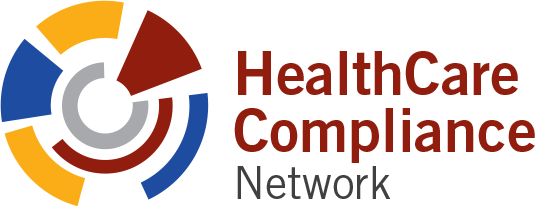Risk Adjustment (HCC) coding compliance is quickly becoming the forefront of primary care across the nation as value-based care models continue to be implemented within the healthcare industry. With the added administrative burden placed upon providers and organizations, also comes great responsibility to ensure compliance standards are met.
Being as the Risk Adjustment model uses ICD-10-CM codes to calculate proper payment distribution for beneficiaries’ care versus CPT codes as used in the fee-for-service method, many have found this transition difficult. Unfortunately, this transitional period of moving away from fee-for-service and into accurate HCC capturing has also landed some organizations in serious hot water with the OIG due to non-compliance, most likely from proper risk adjustment (HCC) coding compliance education.
According to CMS, HCC coding and reporting errors have led to billions of dollars in overpayments, and now steps are being taken to recoup those funds by extrapolating payments from years prior. In addition, the United States continues to invest in robust auditing practices to strengthen coding compliance standards and ensure organizations are putting forth their due diligence. This investment in government oversight will likely increase as CMS aims for all Medicare beneficiaries and the majority of Medicaid beneficiaries to be enrolled in accountable, coordinated care relationships by 2030, with a similar strategy planned for commercially insured beneficiaries.
Providers and organizations contracted with Medicare Advantage plans have much at stake. Partnering with a third-party compliance agency to administer routine risk adjustment coding compliance audits provided by veteran Certified Risk Adjustment Coders (CRSs) should be the first step toward due diligence.

